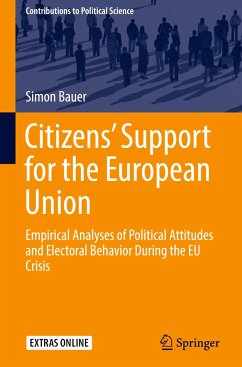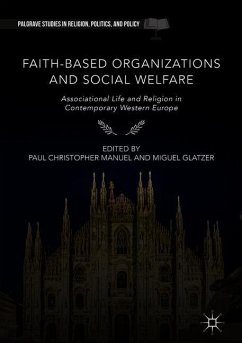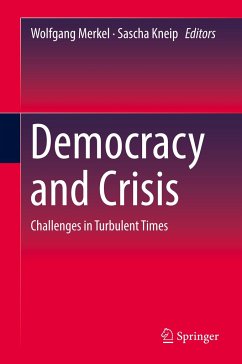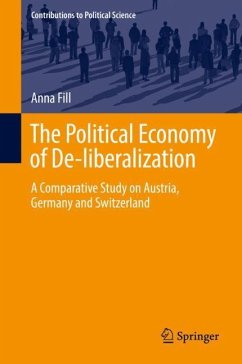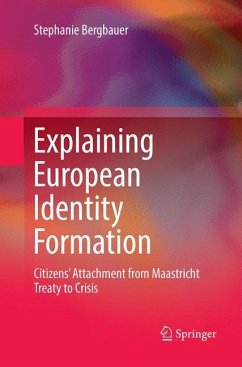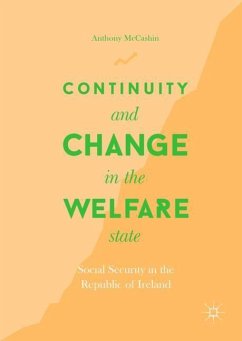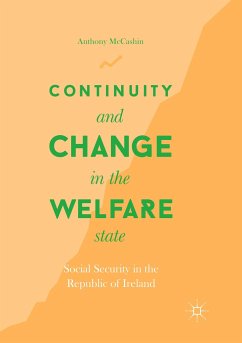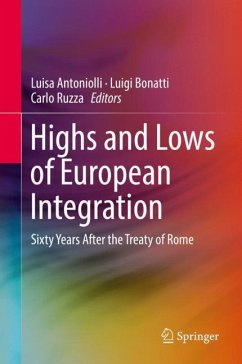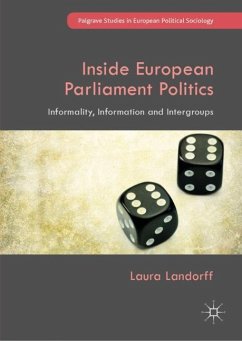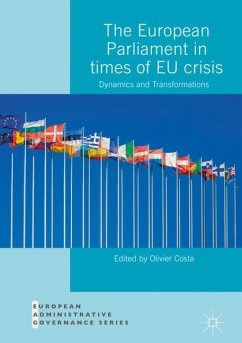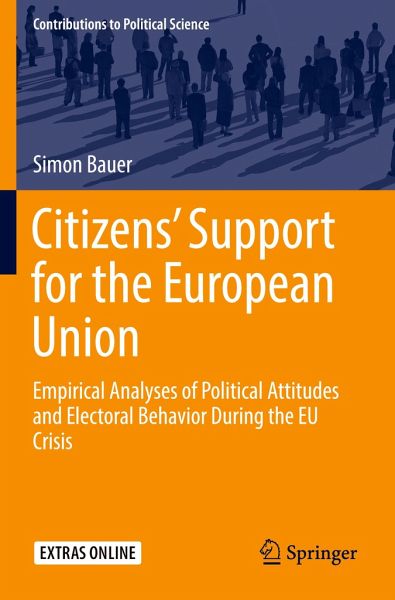
Citizens' Support for the European Union
Empirical Analyses of Political Attitudes and Electoral Behavior During the EU Crisis
Versandkostenfrei!
Versandfertig in 6-10 Tagen
53,99 €
inkl. MwSt.
Weitere Ausgaben:

PAYBACK Punkte
27 °P sammeln!
This book offers a comprehensive analysis of the determinants of EU support between 2006 and 2015, and of electoral behavior during the European Parliament elections. In light of the Eurozone financial and debt crisis, it also examines how political and economic turbulences have affected EU citizens' stance on democracy and their support for EU institutions. It explores measures taken in the context of the Euro crisis management and the reactions of EU citizens, in order to shed new light on the determinants and developments of EU support. The author highlights the heterogeneity of the develop...
This book offers a comprehensive analysis of the determinants of EU support between 2006 and 2015, and of electoral behavior during the European Parliament elections. In light of the Eurozone financial and debt crisis, it also examines how political and economic turbulences have affected EU citizens' stance on democracy and their support for EU institutions. It explores measures taken in the context of the Euro crisis management and the reactions of EU citizens, in order to shed new light on the determinants and developments of EU support. The author highlights the heterogeneity of the developments between the member states and identifies social, political, and economic facets of the crisis that have changed the ways citizens form their political attitudes towards the EU. The book delivers a profound account of the Euro crisis, integrating approaches from political economy, psychology, sociology, and public opinion research. It will appeal to scholars and anyone interested in learning more about the declining citizen support in the EU and the heterogeneous developments in the member states, which may significantly endanger the long-term existence of the European Union.





